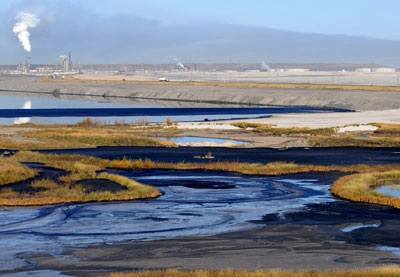
On April 20, 2010, BP’s Deepwater Horizon oil rig exploded, killing eleven and injuring seventeen. This tragedy led to an oil spill that has been recognized as one of the largest environmental disasters in history. Oil gushed into the Gulf of Mexico until the wellhead was capped on July 15, but by that point nearly 5 million barrels of crude oil had alr eady escaped into the water. A relief well was completed two months later, further reducing the chances of a new leak.
What about the planet? Oil has a devastating effect on the environment, but cleanup methods also posed problems for the Gulf region. Some oil was effectively collected to be processed. But millions of gallons of the oil was rendered useless and ended up being burned, either on the water’s surface or in other locations. This burning released large amounts of harmful gases into the air.
Another technique that was used in the Gulf cleanup was the spraying of chemical dispersants at the oil source. This was the first time that such chemicals had been used in a spill, so the aftereffects remain to be seen. But scientists have argued that they make the water even more toxic than oil alone and can cause cancer and genetic mutations. Field tests have suggested that they may have had a detrimental effect on the phytoplankton that is at the base of the Gulf’s food chain.
The oil and chemicals have also had considerable effects on more visible forms of marine life. Oil on the surface and the coastline had the most visible and devastating effects, resulting in thousands of dead birds in the area. Oily sediment has also been found on the seafloor, posing a hazard for oysters and other animals and plants that live there. And the dispersants used are believed to have left plumes of oil under the water’s surface. This oil breaks down slowly in the cold underwater temperatures, which increases its negative impact.
It has been over a year since the spill was capped, and a great deal of damage has been quantified. The spill has put several national parks in danger and hundreds of species at risk of extinction. But there is the potential for much more damage, as evidenced by past oil spills. Oil and chemicals remaining in the water could wipe out coral reefs. The increased reproduction of bacteria that break down oil could reduce oxygen levels in the water. The methane contained in the oil also depletes oxygen, and combined with the bacteria problem could create dead zones.
So how do we keep such a catastrophe from happening again? The most obvious answer is to cease offshore drilling operations. We can petition lawmakers to put a stop to offshore drilling, but so far that hasn’t been very effective. However, there are measures such as requiring relief wells to be in place before striking oil that could greatly reduce the likelihood of oil spills. Supporting legislation that would require such measures is a good place to start. Reducing demand for oil by using as little as possible would also reduce the need for new oil wells.
If anything good has come of the Gulf oil spill, it’s an increased awareness of the perils of oil dependence and offshore drilling. Let’s hope that it has spurred enough interest to make a difference in the world’s oil consumption and our need to protect the environment.

